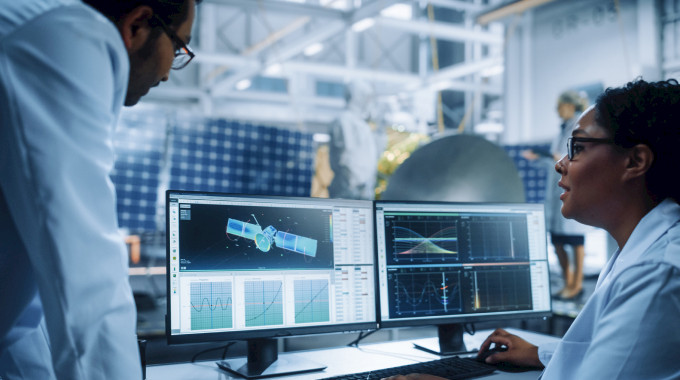Form Energy, Northvolt lead in sustainable power as Clean-Energy Tech outpaces other sector investments
The stock market may be giving a thumbs down to disruptive-technology stocks this year. But that hasn’t stopped prominent investors including Bill Gates, Volkswagen, and Goldman Sachs from pouring tens of millions of dollars into a slew of private companies that are on the cutting edge of clean-energy technology.
Among the companies attracting plenty of investment attention are Form Energy, a U.S. startup developing batteries that can store renewable power for days longer than current lithium-ion batteries, and Northvolt, a Swedish company that is making wood-based batteries sourced from Nordic trees.
Form Energy recently announced a $450 million round of Series E financing from a group of investors including steelmaker ArcelorMittal and private-equity firm TPG Inc. And, Northvolt has raised almost $8 billion from dozens of investors since 2017, according to Bloomberg.
Then there’s Universal Hydrogen, a U.S. company building a hydrogen distribution and logistics network for aviation. Recently, American Airlines announced a strategic equity investment in the private company, which anticipates starting hydrogen deliveries for regional aircraft in 2025, with plans to expand its services to larger aircraft later in the decade. The investment supports American Airlines’ goal of reducing greenhouse gas (GHG) emissions by 2035 and achieving net zero GHG emissions by 2050. Several other aviation-related companies, including the venture-capital arms of JetBlue and AirBus, have invested in the hydrogen company.
Small wonder that investments in the clean-energy technology sector top the list of all technologies, according to the recently-released report by management consulting firm McKinsey & Co. According to McKinsey Technology Trends Outlook 2022, the $257 billion investment in clean energy technology last year outpaced the capital investments in all other tech sectors including artificial intelligence, Web 3.0, and the Metaverse.
Even the U.S. government has gotten into the act. Last week, the Department of Energy announced that 20 battery companies will receive a combined total of $2.8 billion to build and expand commercial-scale facilities. Among them are Sila Nanotechnologies, a developer of higher-density lithium-ion batteries. The DOE also recently announced that it’s investing $50 million in private companies that use nuclear fusion – the same process used by the Sun – to generate energy free of fossil fuels.






